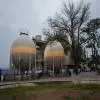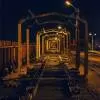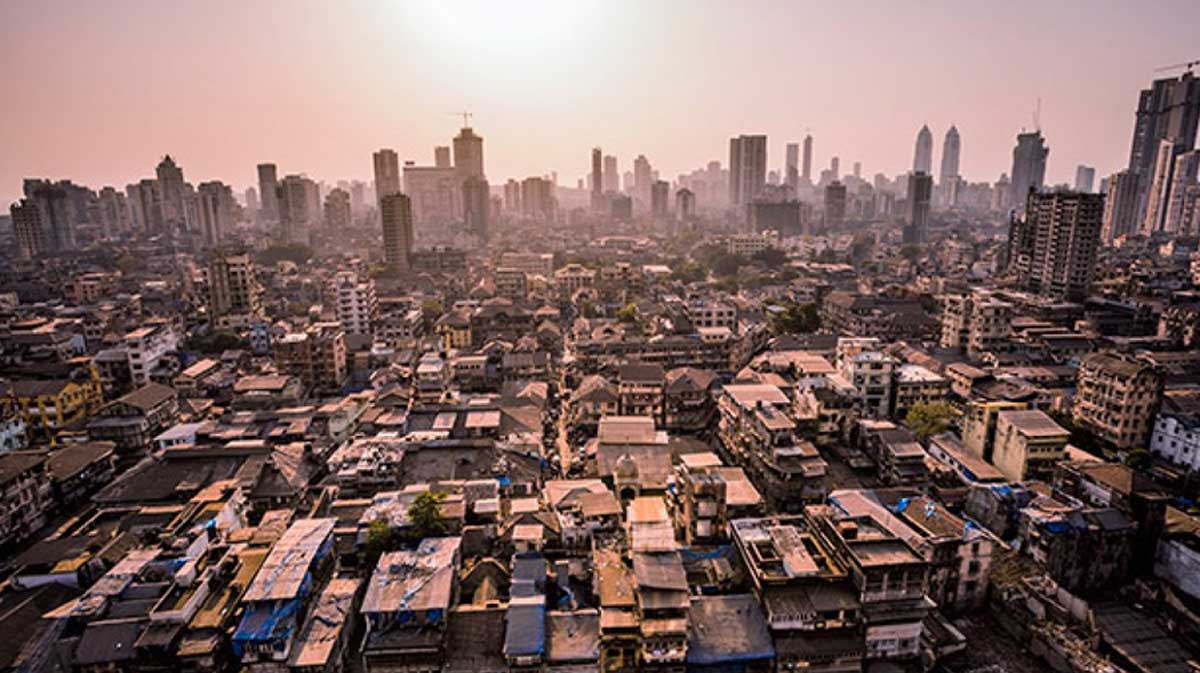
India must pump $55 bn a year into urban infrastructure: WB

Tiwari Hata Wall Demolished for 3.5-km Heritage Corridor Project
The demolition of the boundary wall of the Tiwari Hata complex began late Tuesday night as part of the 3.5-kilometre Heritage Corridor project, a key initiative led by chief minister Yogi Adityanath to boost urban development in Gorakhpur. The Tiwari Hata property, once home to late politician Harishankar Tiwari, has recently gained renewed attention after the arrest of Samajwadi Party leader Vinay Shankar Tiwari in a money laundering case. PWD executive engineer AK Singh said demolition is underway in areas marked by the Public Works Department as part of the road widening effort. Some resi..
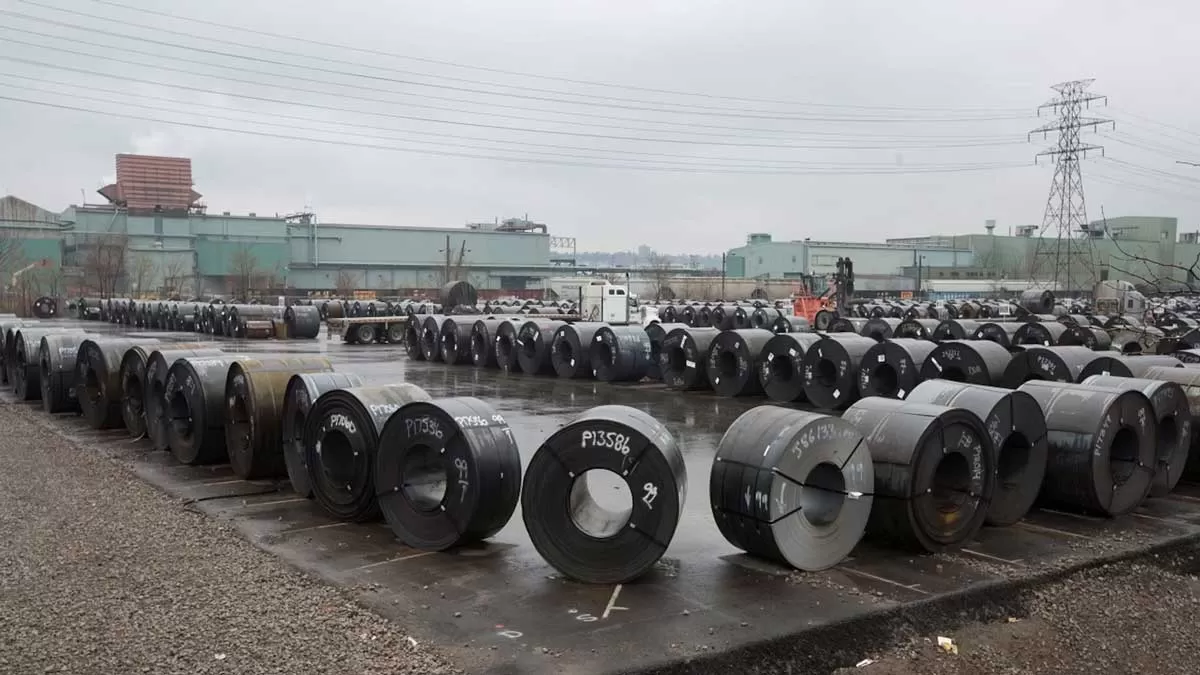
Arcelor Mittal Nippon Steel Plans Rs 600 Bn Green Steel Investment
ArcelorMittal Nippon Steel (AM/NS) India has unveiled a Rs 600 Bn investment plan aimed at expanding capacity, increasing the use of recycled scrap, and scaling up renewable energy to qualify for a three-star rating under India’s new carbon emission standards. The steelmaker said these steps align with India’s Green Steel Taxonomy, set to roll out in the financial year 2026–27. AM/NS India aims to become the first integrated steel company to achieve the top rating. Currently, sixty-five per cent of the company’s steel capacity comes from the Direct Reduced Iron method, which uses nat..
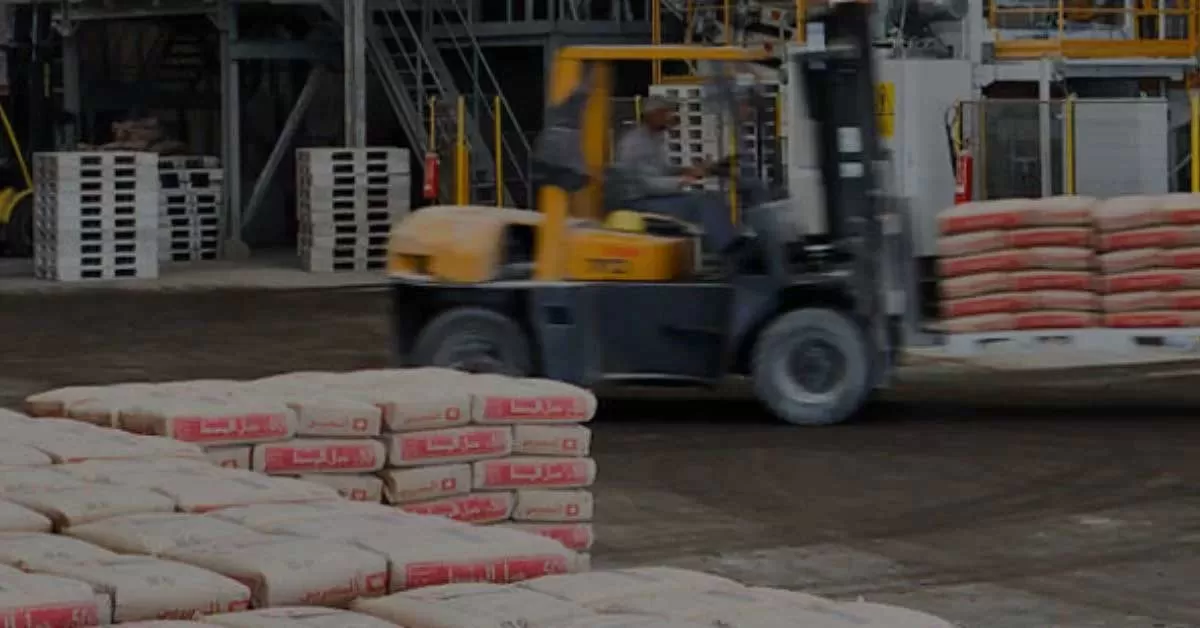
Kaushalya Logistics Adds Katihar Depot to Boost Cement Distribution
Kaushalya Logistics has commenced operations at its latest facility in Katihar, Bihar, under the carrying and forwarding agent model for Ambuja Cements, part of the Adani Group. The move marks another step in the firm’s expansion in integrated logistics services. With the Katihar Depot, the company now operates fifteen depots under the CCFA model. The new facility is projected to handle over six thousand tonnes of cement every month, strengthening Ambuja Cements’ supply chain in eastern India. This addition brings Kaushalya Logistics’ total depots and rake points to one hundred and thr..









